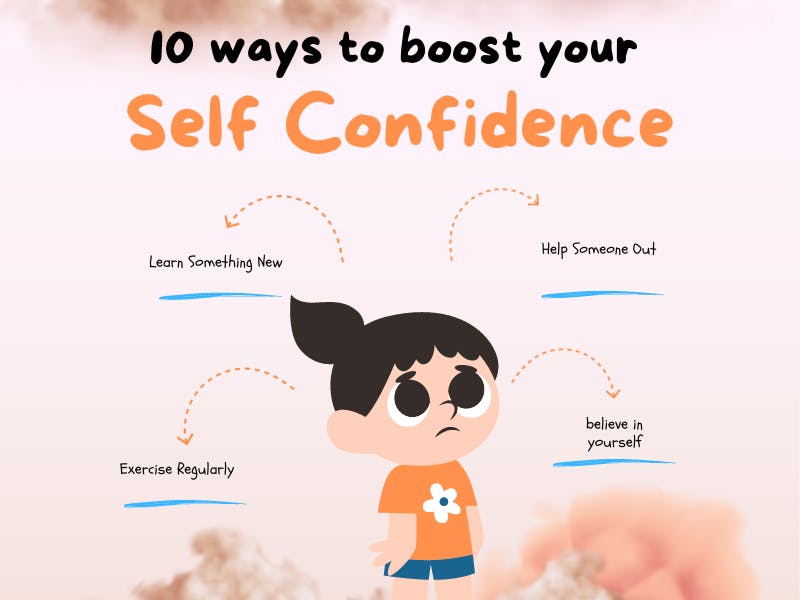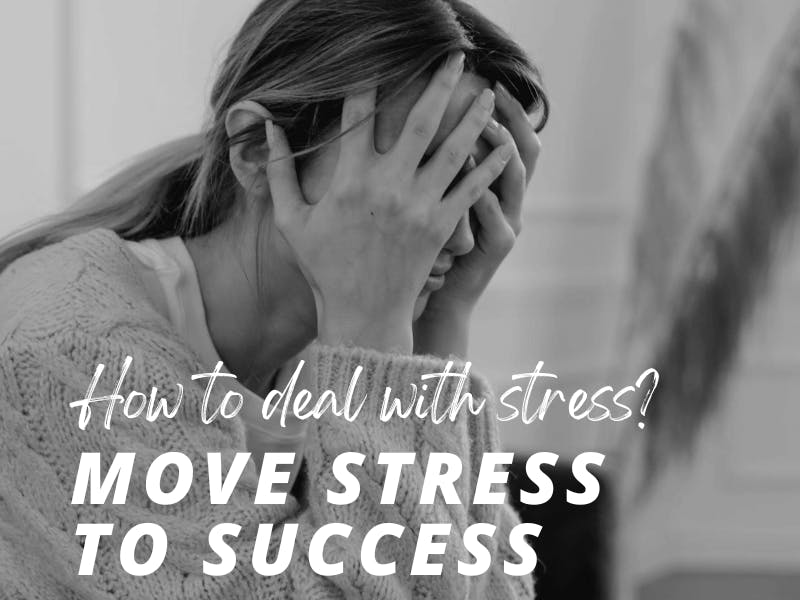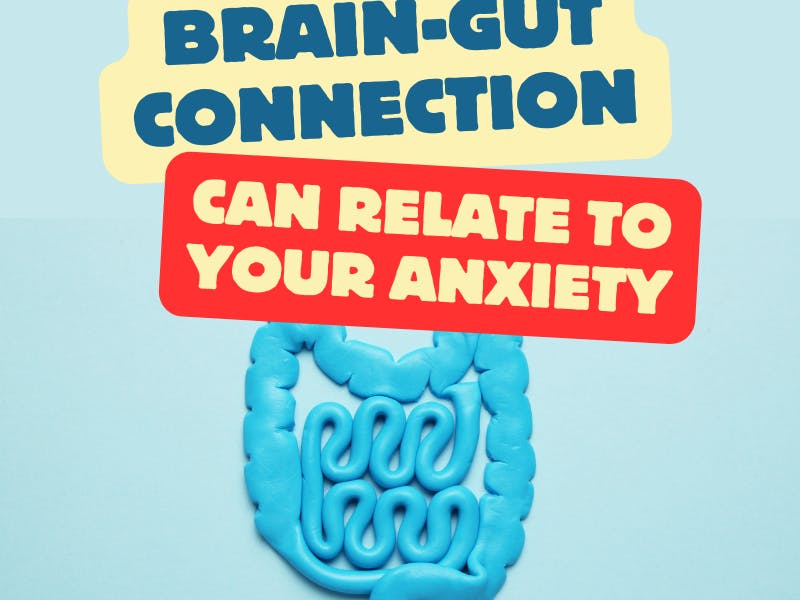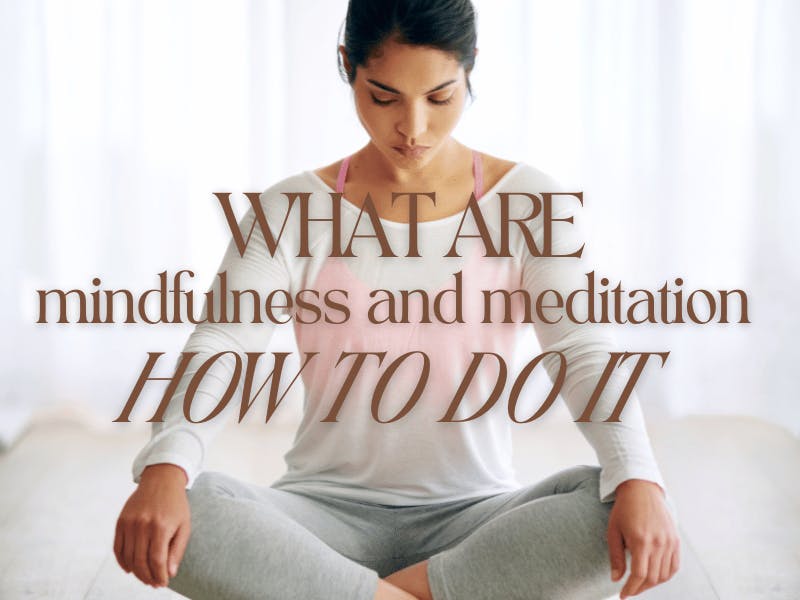
What to Do After a Panic Attack?
Jul 22, 2024
Experiencing a panic attack can be overwhelming and distressing. The sudden fear and discomfort, accompanied by physical symptoms such as a racing heart, shortness of breath, and dizziness, can leave you feeling drained and anxious about future attacks. Knowing what to do after a panic attack is crucial for managing your mental health and preventing further episodes. We are going to provide a comprehensive guide on steps you can take to recover and regain control after a panic attack. Therefore you must know what to do after a panic attack.
Understanding Panic Attacks
Panic attacks are sudden episodes of intense fear that trigger severe physical reactions when there is no real danger or apparent cause. They can be a symptom of panic disorder but can also occur in other anxiety disorders, depression, and stressful life situations. Check out another article on more details of symptoms of panic attacks
Related blog in our website: https://www.panickiller.com/en/blog/symptoms-of-panic-attack-you-need-to-know.
Immediate Steps to Take After a Panic Attack.
What should you do after a panic attack? Here are the steps..
Acknowledge and Accept: The first step after a panic attack is to acknowledge what has happened. Understand that you have experienced a panic attack, which is a common response to stress or anxiety. If you don't accept it without judgment, it will be difficult to regain control.
Breathe Deeply: Focus on your breathing. Deep, slow breaths can help calm your nervous system. Try inhaling slowly through your nose for a count of four, holding your breath for a count of four, and exhaling slowly through your mouth for a count of six. Repeat this several times until you feel more relaxed.
Ground Yourself: Grounding techniques can help you reconnect with the present moment. One popular method is the 5-4-3-2-1 technique: Identify 5 things you can see. Identify 4 things you can touch. Identify 3 things you can hear. Identify 2 things you can smell. Identify 1 thing you can taste.
Short-Term Recovery
What should you do after a panic attack after you have done immediate steps?
- Rest and Hydrate: Panic attacks can be physically exhausting. Rest in a comfortable position and drink some water to rehydrate. It helps stabilizing heart rate and blood pressure, which can be elevated during a panic attack
- Engage in Light Activity: Gentle activities like stretching, walking, or yoga can help release tension and improve your mood. Mild physical movement can allow your body to relax and reduce adrenaline in your system.
- Avoid Stimulants: After a panic attack, it's best to avoid stimulants like caffeine, as they can significantly increase heart rate and anxiety levels. Try some calming teas like chamomile or peppermint instead.
Emotional and Mental Recovery
What should you do after a panic attack to change your mood?
- Reflect on the Experience: Once you feel calmer, reflect on what triggered the panic attack. Understanding potential triggers can help you manage them better in the future. Write down your thoughts in a journal to track patterns and identify strategies that work for you. Try our app Panic Killer for logging your mood and journal, it also provides analysis based on your data.
- Practice Self-Compassion: Be kind to yourself. Panic attacks can be frightening, but they do not define you. Treat yourself with the same compassion you would offer a friend in a similar situation.
- Use Positive Affirmations: Positive affirmations can help counter negative thoughts. Remind yourself that you are safe, the panic attack is over, and you have the strength to handle future challenges.
- Meditation**:** Practicing meditation can help center your mind, reduce stress. During meditation, you will come up with any thoughts, including negative ones and anxious ones. Practice to let your mind coming back to breathing.
Self-Help Long-Term Strategies
What should you do after a panic attack in long term?
- Develop a Relaxation Routine: Prioritize meditation, mindfulness or even just simple deep breathing exercises in your daily schedule. A 5-10 minute meditation after meal would be a good start!
- Stay Connected: Maintaining strong social connections can provide emotional support and reduce feelings of isolation and loneliness. Share your experiences with trusted friends or family members, and don't hesitate to ask for support when you need it.
- Healthy Lifestyle Choices: Physical activity, such as weight lifting or cardio, will both release dopamine, which help reduce anxiety. A nutritious diet that includes low GI foods like whole grains can stabilize blood sugar levels and prevent anxiety spikes. Proper sleep, ideally 7-9 hours per night, is essential for emotional regulation and cognitive function.
- Avoid Alcohol and Drugs: Alcohol can actually worsen anxiety over time and lead to dependency. Focus on healthy coping mechanisms instead.
- Educate Yourself: Learning more about panic attacks and anxiety disorders can empower you to manage your symptoms more effectively. Be more prepared so that you will not feel out of control. Books, articles, Youtube, forums can provide valuable insights and strategies.
Coping with the Fear of Future Attacks
- Challenge Negative Thoughts: It’s common to fear future panic attacks, which can create a cycle of anxiety. Challenge these negative thoughts by reminding yourself that panic attacks, while uncomfortable, are not dangerous. Practice thought-stopping techniques and cognitive restructuring to reframe your thinking. Meditation again is one of the great techniques for practicing this.
- Build a Support Network: Joining a support group for individuals with anxiety or panic disorders can provide a sense of community and understanding. Sharing experiences and coping strategies with others who understand what you're going through can be incredibly comforting.
- When to Seek Immediate Help: While panic attacks are not life-threatening, they can sometimes mimic the symptoms of more serious conditions, such as a heart attack. Seek immediate medical attention if you experience chest pain, severe shortness of breath, or any other symptoms that are unusual for you.
Conclusion
By acknowledging the experience, practicing self-care, and seeking professional help if needed, you can regain control and reduce the likelihood of future attacks. Remember, you are not alone, and there are many resources and strategies available to help you navigate this challenging experience. Put your mental health first and find ways to stay calm and feel good every day.
Download our apps "Panic Killer" which specifically target the ease of panic attacks.




